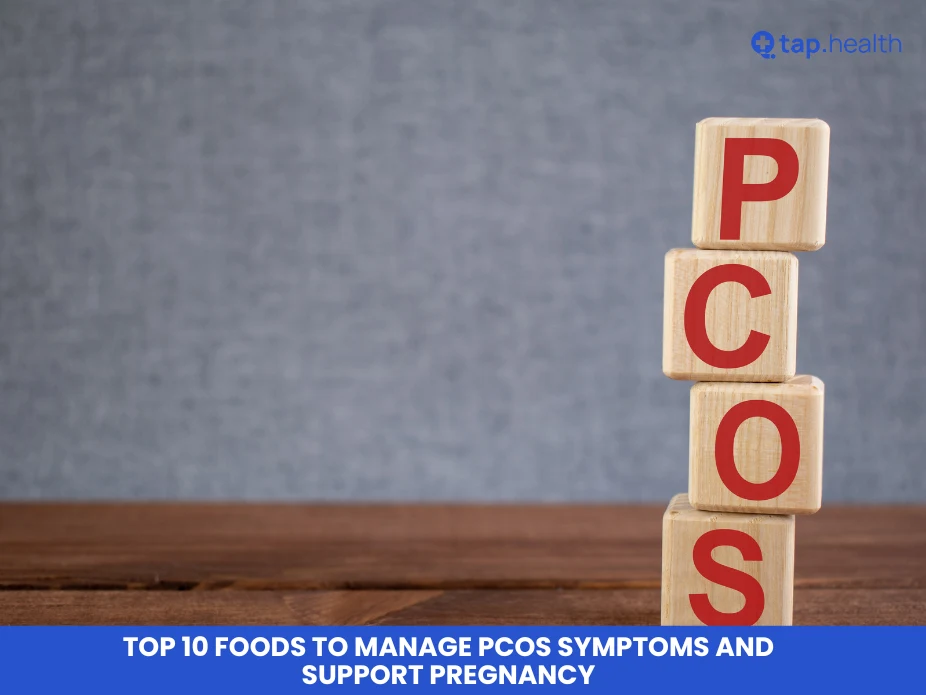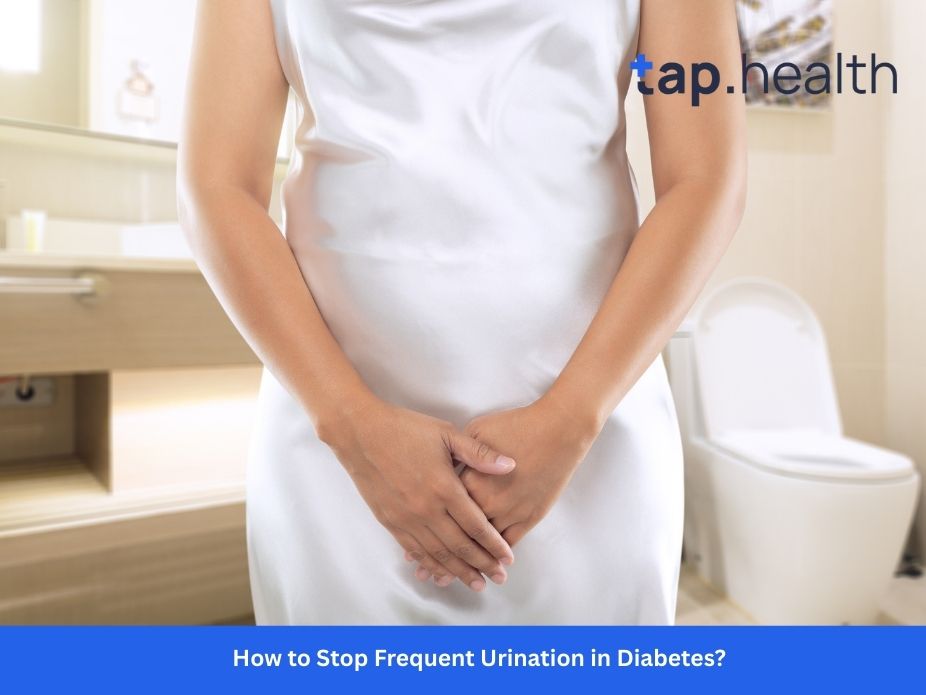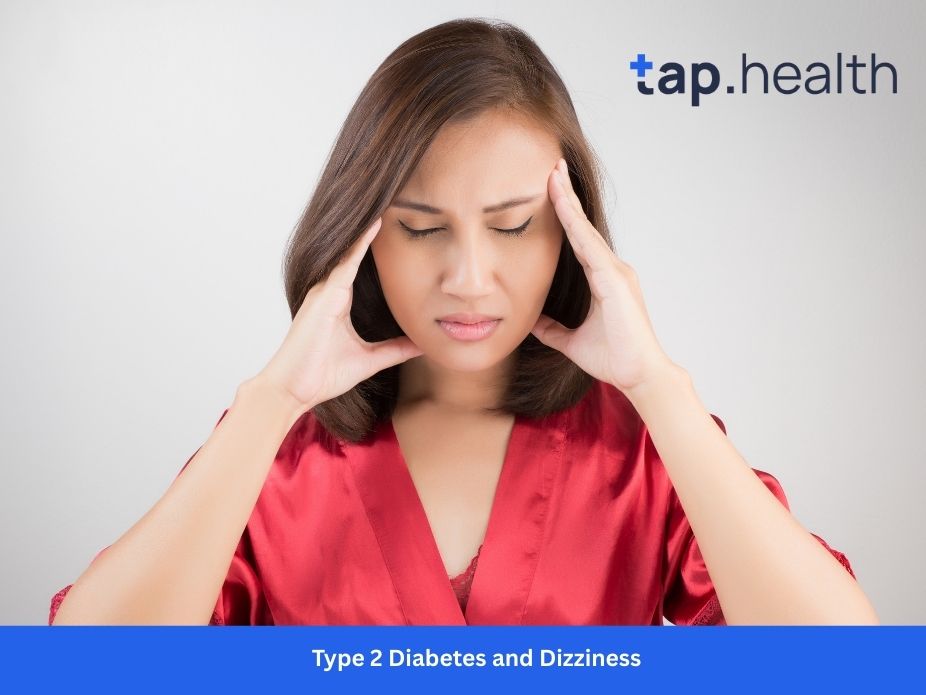Understanding PCOS and Its Effect on Fertility
Polycystic Ovary Syndrome (PCOS) affects 6–13% of women in reproductive age and remains one of the leading causes of infertility due to irregular ovulation, high androgens, and insulin resistance. A targeted anti-inflammatory, low-glycemic diet can significantly improve ovulation rates, reduce miscarriage risk, and create a healthier environment for conception and pregnancy.
Top 10 Foods Proven to Help Manage PCOS Symptoms and Support Pregnancy
- Quinoa A complete plant protein with low glycemic index, quinoa stabilizes blood sugar, fights insulin resistance, and supports sustainable weight loss – all critical for restoring ovulation in PCOS.
- Leafy Greens (Spinach, Kale, Swiss Chard) Packed with folate, iron, magnesium, and B-vitamins, leafy greens improve insulin sensitivity and provide essential nutrients for fetal neural tube development.
- Cinnamon Clinically shown to lower fasting insulin and improve menstrual regularity. Add ½–1 tsp daily to oats, smoothies, or tea, or yogurt.
- Fatty Fish (Salmon, Mackerel, Sardines) Rich in omega-3 EPA & DHA that reduce chronic inflammation, regulate cycles, lower androgen levels, and support baby’s brain development.
- Berries (Blueberries, Strawberries, Raspberries) High-antioxidant, high-fiber, low-sugar fruits that combat oxidative stress and prevent blood sugar spikes – perfect PCOS-friendly snacks.
- Broccoli & Cruciferous Vegetables Contain indole-3-carbinol and DIM that help metabolize excess estrogen and support liver detoxification, improving hormonal balance.
- Chia Seeds & Flaxseeds Excellent plant sources of omega-3, fiber, and lignans that enhance insulin sensitivity, promote satiety, and provide pregnancy-essential calcium and iron.
- Turmeric (with Black Pepper) Curcumin’s powerful anti-inflammatory action reduces PCOS-related inflammation and may improve ovarian function when used regularly in cooking.
- Green Tea Rich in EGCG catechins that boost insulin sensitivity and aid modest weight loss. Limit to 2–3 cups daily during pregnancy due to caffeine.
- Lentils & Legumes Slow-digesting plant protein + high fiber + folate + iron combo that keeps blood glucose steady and supplies key nutrients for conception and early pregnancy.
How to Build a PCOS-Friendly Plate Daily
- Fill half your plate with non-starchy vegetables
- Choose low-GI carbs (quinoa, lentils, sweet potato in moderation)
- Include lean or plant-based protein + healthy fat at every meal
- Time larger meals around activity and add cinnamon or berries to breakfast
- Follow a Mediterranean or moderate low-carb approach (shown to restore cycles in studies)
Real Success Stories
Sarah lost 30+ lbs on a supervised low-carb plan, regained regular periods, and conceived naturally within weeks. Another woman normalized hormones after switching to whole foods and cutting refined carbs – proving diet can be as powerful as medication for many.
Expert-Backed Diets for PCOS
- Mediterranean diet reduces inflammation and insulin resistance
- Moderate ketogenic or low-carb diets restored ovulation in 100% and pregnancy in 55% of participants in recent Cleveland Clinic research
- Always personalize with a registered dietitian specializing in PCOS and fertility
Can TapHealth Help Manage PCOS and Diabetes Together?
Yes! TapHealth’s continuous glucose monitoring and AI-powered coaching is excellent for women with PCOS who also have insulin resistance or gestational diabetes risk. Real-time glucose insights + personalized meal suggestions help keep blood sugar stable, reduce androgen levels, and protect both mom and baby.
Frequently Asked Questions
- Which foods worsen PCOS symptoms? Avoid refined carbs, sugary drinks, processed foods, trans fats, and excessive dairy – they spike insulin and inflammation.
- How much weight loss affects PCOS fertility? Losing just 5–10% of body weight can restore ovulation in 50–70% of women and dramatically lower miscarriage risk.
- Is the Mediterranean diet good for PCOS? Yes, it is one of the most researched and recommended patterns because of its anti-inflammatory foods and balanced macros.
- Why is insulin resistance central to PCOS diet choices? Up to 75% of women with PCOS have insulin resistance; choosing low-GI, high-fiber meals prevents insulin surges that worsen androgen production and ovulation problems.
- Do I need supplements for PCOS? Focus on food first. Inositol, vitamin D, omega-3, and magnesium are the most evidence-based supplements when deficiencies exist – always test and consult your doctor.
Start adding these 10 foods today, track your cycle and symptoms, and work with your healthcare team. Thousands of women have reversed PCOS symptoms and welcomed healthy babies through strategic nutrition – you can too!



